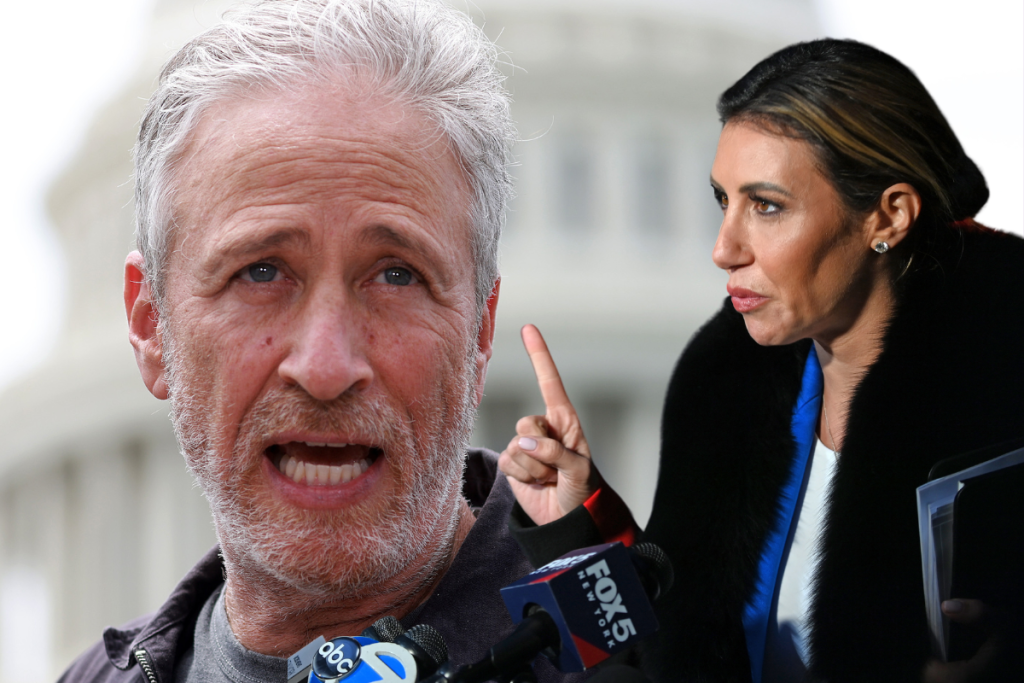Donald Trump’s lawyer, Alina Habba, criticized comedian Jon Stewart for selling his New York City property for more than its assessed value. Stewart had spoken about Trump’s fraud case on a recent episode of The Daily Show, following a court order for Trump to pay $454 million for inflating the value of his assets. Habba defended Trump by stating that his properties were undervalued, and that the inflated values were necessary for securing loans and making financial gains. She called on U.S. Attorney General Letitia James to investigate Stewart over the sale of his apartment, citing the same consumer statute used against Trump.
Stewart responded to the criticism, stating that he had not committed any wrongdoing and mocking the idea that selling his home for more than its assessed value was akin to Trump’s legal troubles. Legal experts also weighed in on the issue, highlighting the differences between Stewart’s property sale and Trump’s business practices. Will Thomas, a professor of business law, noted that discrepancies between tax-assessment value and market value do not necessarily indicate wrongdoing, while real estate economist Norm Miller emphasized that Trump was accused of providing misleading asset valuations for business reasons.
The controversy over Stewart’s property sale and Habba’s comments brought attention to the ongoing legal battles faced by Trump. The former president has denied any wrongdoing and claimed that the cases against him are politically motivated. Habba’s defense of Trump’s actions in valuing his properties raised questions about the ethical considerations and legal implications of such practices. Stewart’s response to the criticism highlighted the stark differences between his property sale and the allegations against Trump, emphasizing the need for a nuanced understanding of the issues at hand.
The comparison between Stewart’s property sale and Trump’s legal woes underscores the complexities of financial transactions and the importance of accurate asset valuation. While Stewart sold his home for more than its assessed value, he did not engage in fraudulent activities like those alleged against Trump. The differing perspectives of legal experts and commentators reveal the nuances of the situation and the challenges of navigating the legal system. Ultimately, the controversy surrounding Stewart’s property sale serves as a reminder of the ethical responsibilities and legal obligations that individuals and businesses must uphold in their financial dealings.
In conclusion, the debate surrounding Jon Stewart’s property sale and Alina Habba’s comments on Donald Trump’s legal issues highlights the complexity of financial transactions and the ethical considerations involved. While Stewart’s sale of his home for more than its assessed value raised questions, it is important to distinguish between legal practices and fraudulent activities. Trump’s ongoing legal battles and his defense of his property valuations underscore the need for transparency and integrity in business dealings. The differing perspectives and interpretations of the situation emphasize the need for a nuanced understanding of the issues at hand and a commitment to upholding legal and ethical standards in financial transactions.


